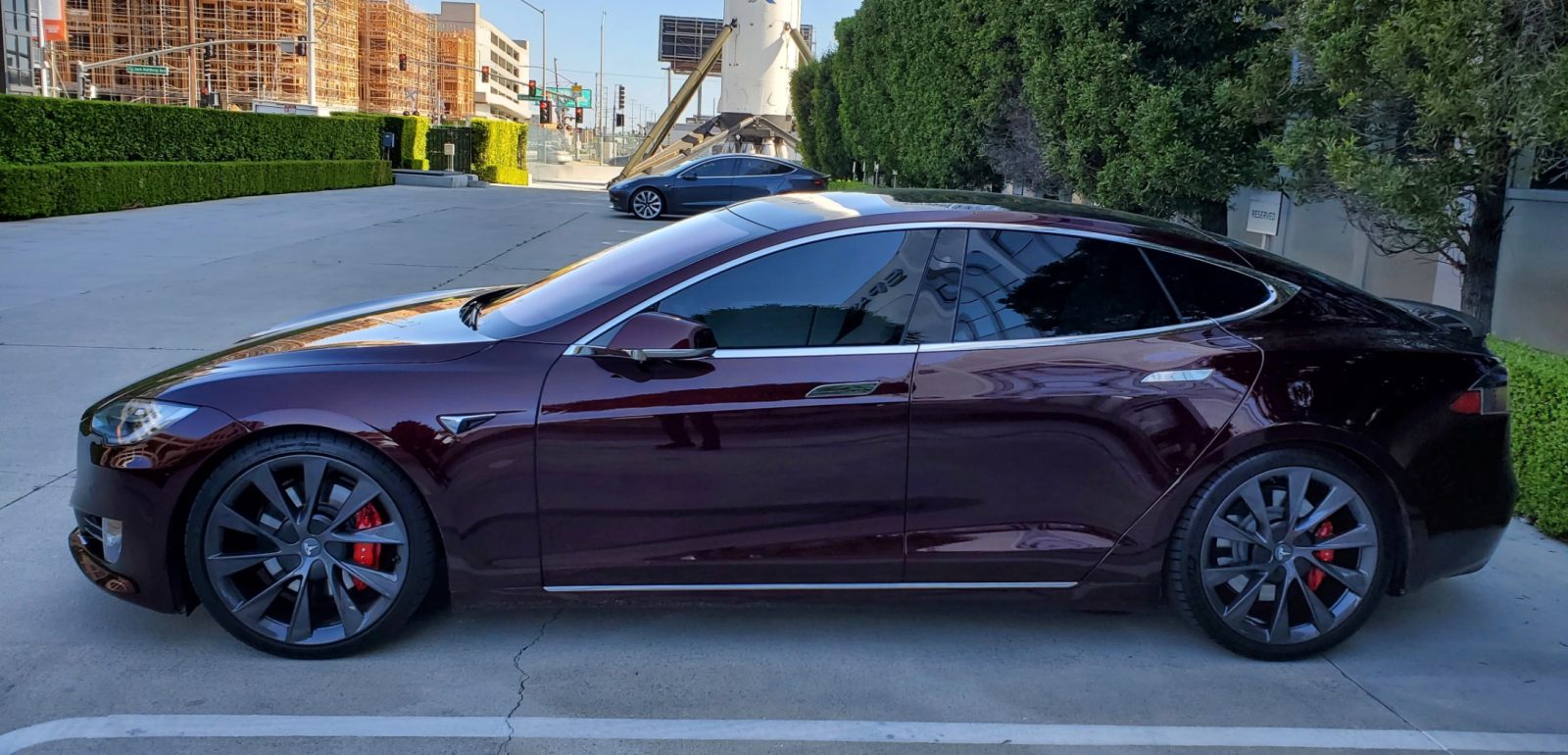
Tesla is again facing a class action lawsuit for limiting the battery capacity inside its vehicles through a software update.
Back in 2019, Electrek reported on several reports from Tesla owners about seeing significant drops in range from 12 to 30 miles following a software update. The charging speed was also greatly affected.
Model S vehicles with 85 kWh battery packs, which were discontinued in 2016, seem to be the ones affected at that point. For most owners, the range drop happened after updating to Tesla’s 2019.16.1 and .2 software updates.
Tesla owners ended up taking the automaker to court over it and won. Tesla reestablished most of the battery capacity and gave each owner $625.
Now it appears to be happening all over again.
Some Tesla Model S and Model X owners report seeing their range drop by as much as 20% following a recent software update.
The lawsuit reads:
When car owners purchase their vehicles, they reasonably expect that unforeseen events — like weather, accidents, or flat tires — may impact the performance of their vehicles and lead to costly repairs. But no reasonable consumer would expect that the car manufacturer itself, through an automated system, would deliberately and significantly interfere with the car’s performance through software updates that reduce the operating capacity of the vehicles.
The software update that affected the owners didn’t include any release notes that would indicate any battery capacity loss.
Some of the owners who contacted Tesla service about the issue reported that the automaker told them they needed to have a battery replacement. Since this is affecting older Tesla Model S and Model X vehicles off of warranty, Tesla was quoting for as much as $15,000 for a battery replacement.
Electrek’s Take
This feels like déjà vu. And again, just like last time, the biggest issue appears to be communication.
Tesla never let the owners know what was going on. Last time, they only said that the capacity was reduced due to a safety concern, but they never explained to them what it was or what was the plan to fix the issue – since obviously slashing the capacity of their vehicles is not a long-term solution.
It would go a long way just to be open about the situation, but instead it’s silence and they have to go through the courts to get answers. It’s a bummer.
FTC: We use income earning auto affiliate links. More.